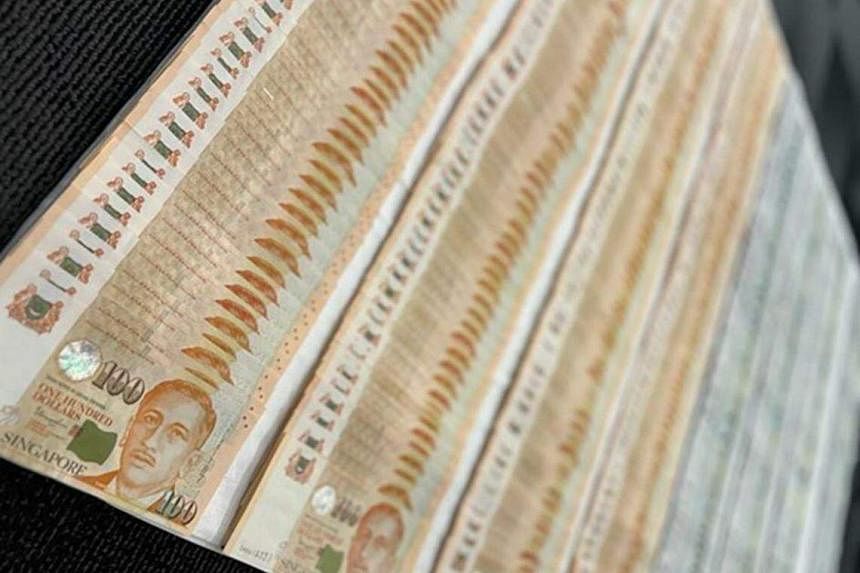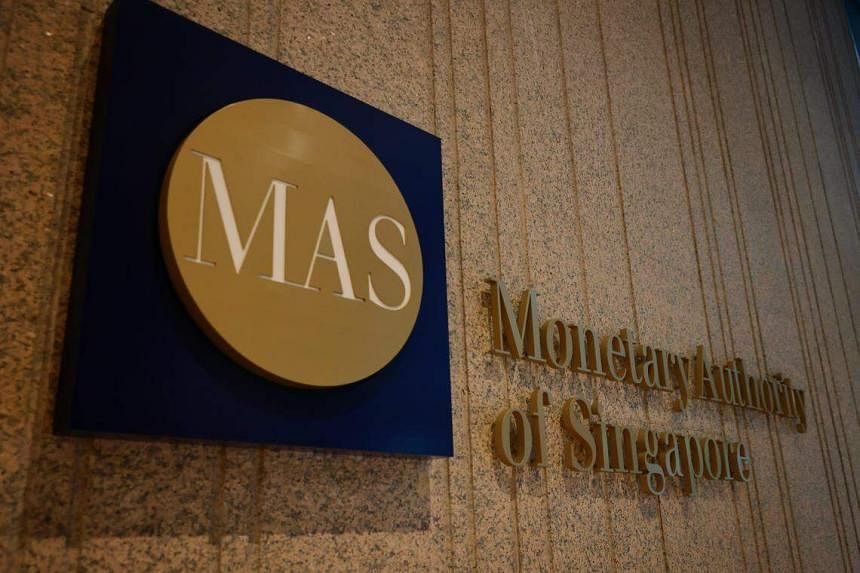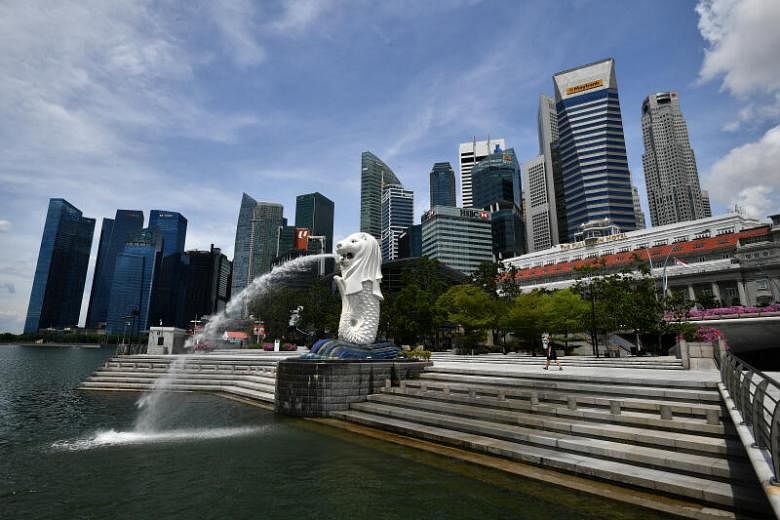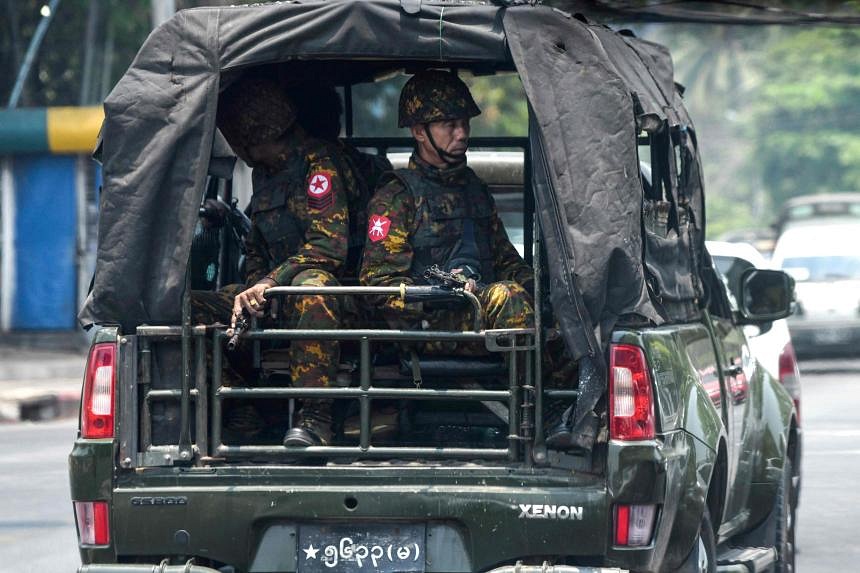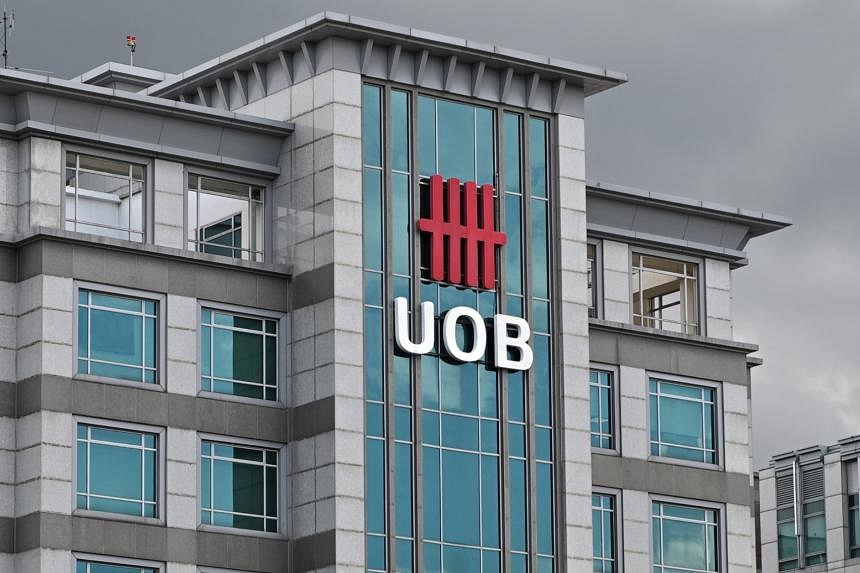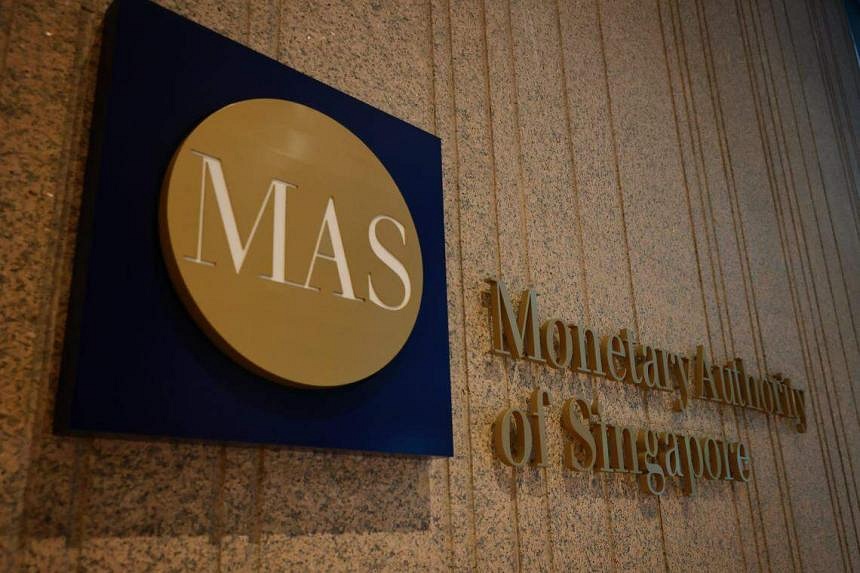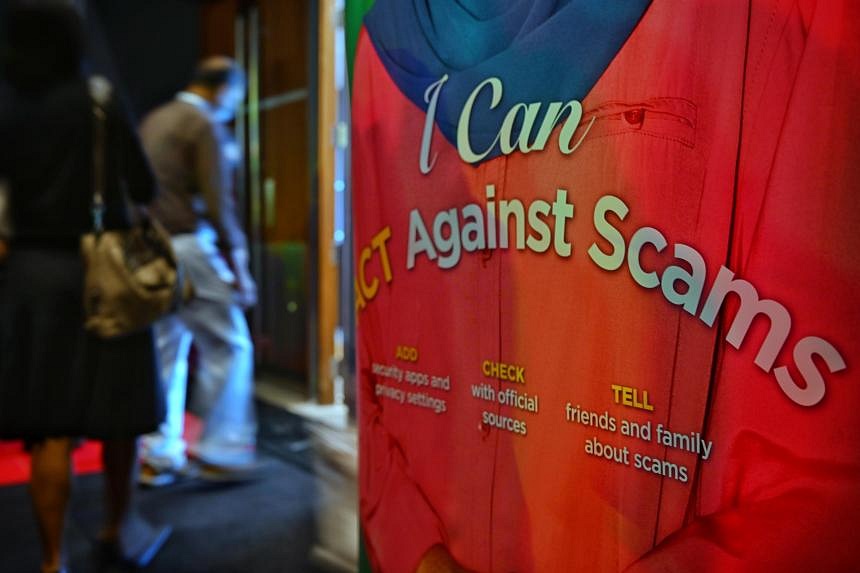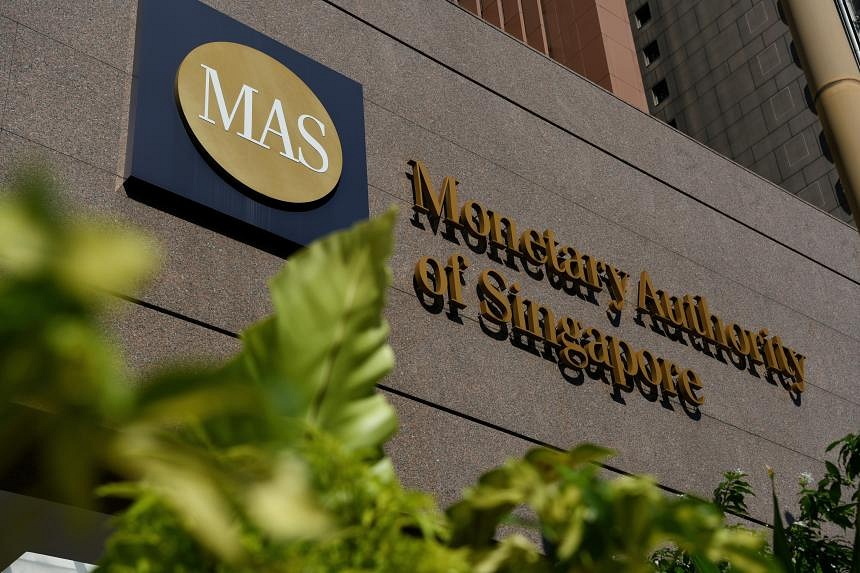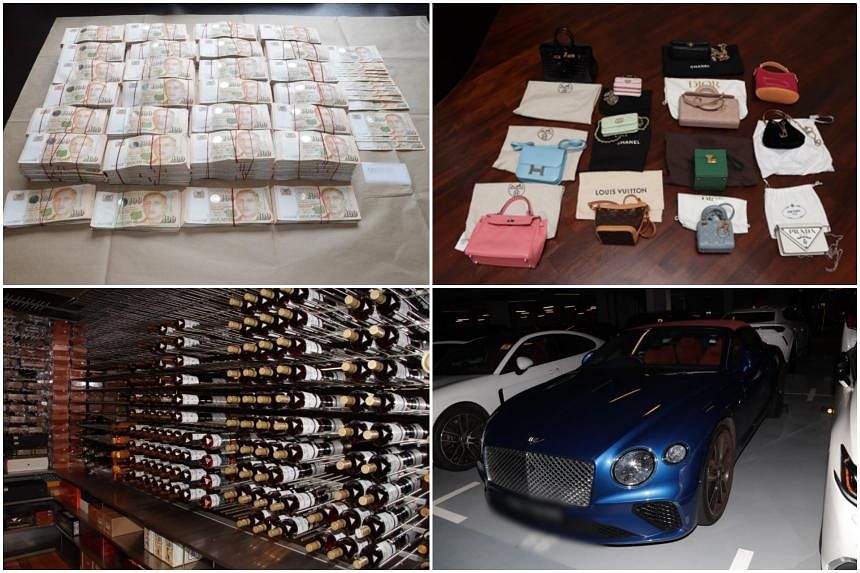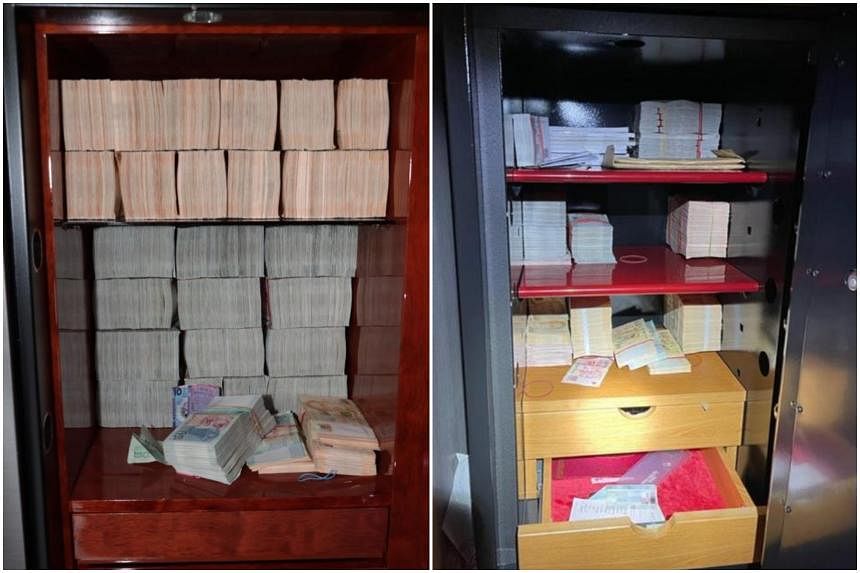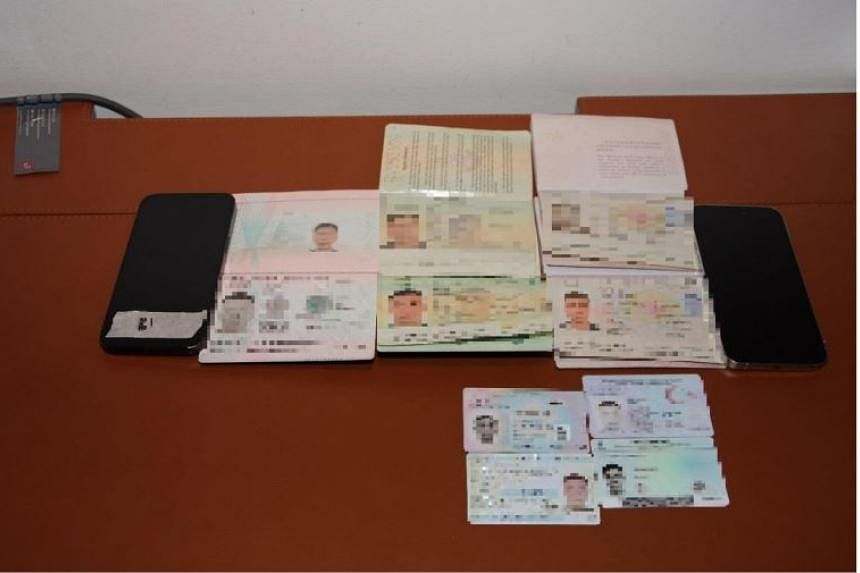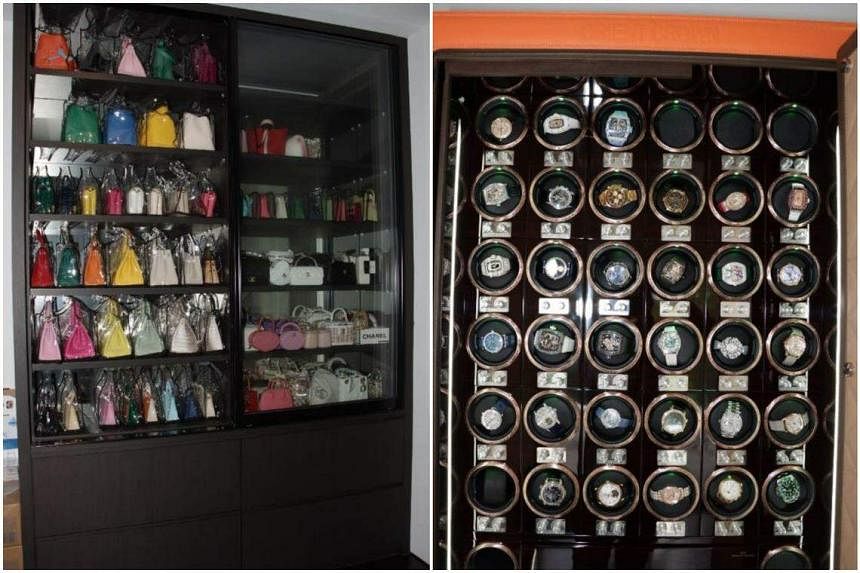‘I just did it for the money’: Why young people become money mules for scammers
Between 2020 and 2022, more than 19,000 suspected money mules were investigated by the police. Many were individuals younger than 29.
Lured by fast cash deals, they were used by scam syndicates. Two young people share how they were recruited by scammers to sell their bank accounts and Singpass credentials.
Christine Tan
AUG 13, 2023
SINGAPORE – Zack (not his real name) was a 17-year-old student in 2021 receiving $10 a day from his mother when he came across an advertisement
in a Telegram group chat that promised payment for opening bank accounts.
He contacted the person who posted the ad. Communicating via text messages on Telegram, the man, who identified himself only as J, said the bank accounts would be used for investments.
Zack did not ask too many questions. He was promised $800 for each bank account he opened.
The teenager set up two accounts – one with UOB and another with OCBC Bank – and deposited money given by J into each account.
Zack met J some time later to pass him the bank cards and details. After he met J, Zack persuaded his friends and strangers to open bank accounts for the man.
“I asked around, and it spread from there,” said Zack, who added that he made money off these people.
“For every bank card, I got $800. I gave them $400, and I kept $400.
Or I might give them $300, and earn $500 for myself. To me, it was win-win,” said Zack.
In two months, he earned a total of $2,800, but in September 2021, three plainclothes police officers arrested him at his home in Bukit Merah.
Zack then learnt from the police that the accounts he sold were used to launder money from scam victims.
He was told he was a money mule – someone who allows criminals to control their accounts or help them perform transactions.
“I didn’t think I was harming anyone. I didn’t know that (criminals) were using it to scam people,” said Zack.
Although he claimed he was clueless, he admitted he was suspicious that he could earn a large sum in a short time, and that J never gave his full name.
Zack, now 19, said: “You don’t think you will get caught, but the law always catches up.”
The police investigated more than 19,000 money mules between 2020 and 2022,
but fewer than 250 were prosecuted. It was difficult to prove that they had intended to facilitate criminal activities by selling their bank accounts and Singpass credentials.
But in May,
tougher laws aimed at clamping down on money mules and those who sell their bank accounts or Singpass credentials were passed.
The changes to the laws introduced the new offences of rash and negligent money laundering, and disclosing or dealing in Singpass credentials for criminal activities.
Rash money laundering is when the money mule knows or has some idea that what he is doing involves a criminal element.
Negligent money laundering is when a person continues with a transaction despite the presence of red flags that an ordinary, reasonable person would notice.
The changes come amid findings which showed more young people were being recruited as money mules.
A sample study by the police of scam cases reported between 2020 and 2022 showed that 45 per cent of 113 money mules investigated were 25 years old and under.
A 15-year-old was among the suspects assisting in investigations for being a suspected scammer or money mule in the first half of 2023.
Mr Azri Imran Tan of IRB Law said that in the past year, at least 10 young people have approached him for legal advice on such offences. He said about three young people a year approached him for advice on similar matters in 2020 and 2021.
Invictus Law founder Josephus Tan said his firm saw up to 15 individuals under 30 involved in money mule offences in the past year.
“It is a worrying trend. We see more of such scam-related cases as compared to 10 years ago, when they largely involved drugs and rioting cases,” added Mr Tan.
Online gambling
Irfan (not his real name) had just dropped out of the Institute of Technical Education in 2021 when he heard that he could earn money by opening bank accounts for others to use for online gambling.
Unlike Zack, who was recruited by someone he met online, Irfan, now 18, said he was reeled in by his secondary school friends who were in the “business”.
They said he could either get a one-time payment of $400 by selling an account, or a monthly payout of $150 by leasing it.
A friend gave him $1,000 to open two bank accounts, and a SIM card with a new number to register the accounts.
“It was a very simple process. All I had to do was to meet him at a shopping mall, and he prepped me on what to say to the bank staff,” said Irfan.
He sold one UOB account, and leased an OCBC account to his friend. He made $850 in three months.
Then, he started receiving bank statements in the mail, including one which was 60 pages long. It showed transactions from strangers, including transfers of up to $80,000.
“I thought (criminals) were scamming people from overseas. And I was afraid it would all lead back to me,” said Irfan.
Two months later, his bank accounts were frozen. He was investigated by the police the following year.
Banks actively detect money laundering by using monitoring systems that alert them to transactions above a certain amount, said Ms Caryn Leong, regional anti-money laundering director in Asia-Pacific for the Association of Certified Anti-Money Laundering Specialists.
Once a bank or Singpass account has been flagged, the Commercial Affairs Department’s Anti-Scam Centre will immediately disrupt the account to prevent further abuse and carry out investigations, the Singapore Police Force said in response to queries from The Straits Times.
Loan shark runner
Kezrin (not his real name), 23, searched Telegram for jobs after his release in 2022 from a 15-month jail sentence for being a loan shark runner.
He was earning $70 a day working for a moving company but wanted more. After contacting someone on Telegram, he sold his Singpass details for $700.
“I knew I would have a police case, but I just did it for the money,” he said.
He figured the sentence would be short. Someone he met in prison claimed he was sentenced to three weeks’ jail for selling his Singpass.
Kezrin said: “Compared to 15 months, three weeks is
kacang (easy).”
He was caught two months later and charged in court with the unauthorised disclosure of access code for an unlawful purpose.
Unlike Irfan, who received a stern warning from the police, Kezrin will be spending time behind bars.
On Aug 3, he was sentenced to a total of 10 weeks in jail – six weeks for selling his Singpass details while out on a remission order, and four weeks for an unrelated offence of voluntarily causing hurt.
It could have been worse.
With changes to the law, those convicted of rash money laundering can be jailed for up to five years and fined up to $250,000, while those convicted of negligent money laundering can be jailed for up to three years and fined up to $150,000.
Those convicted of assisting another to retain benefits from criminal conduct can be jailed for up to three years and fined up to $50,000.
Zack had described himself as a “victim” who was tricked into selling his bank accounts without knowing what they were truly used for. But Mr Azri of IRB Law said ignorance is no plea.
“It would no longer be a defence, whether honestly or otherwise, to say, ‘I didn’t know that the bank accounts or Singpass details I provided would be used for criminal activity’,” he said of the new law.
He added that the youth he represented thought they would not get caught or
that they would be punished lightly.
Mr Tan of Invictus Law said the law is right to prosecute offenders who had suspicions but proceeded anyway.
“They started off as victims and became perpetrators. The very fact that you enabled a crime – that makes you an accomplice,” he added.
Money mules also tend to dismiss their actions as a minor crime because nobody is physically hurt, said Mr Tan.
“It could damage the entire financial system, cause people to lose their jobs, or be used to fund criminal or terrorist organisations,” he added.
Currently, youth offenders who commit minor offences may not be hauled to court but made to undergo a rehabilitation programme, the Ministry of Social and Family Development said in response to ST’s queries.
Those who are charged may be placed on probation or committed to a juvenile rehabilitation centre.
With tougher laws, Mr Mark Yeo of Kalco Law said more people will be prosecuted for money mule offences.
He added that as more cases are taken to court, punishments meted out may become harsher over time as the legal system would consider how the full spectrum of sentences should be used.
His colleague Justin Ng said the authorities had similarly clamped down on loan shark runner offences in the past.
After a number of teenagers were recruited and arrested for harassing debtors, the penalties surrounding loan shark activities were enhanced to deter would-be criminals.
For example, first-time offenders found guilty of loan shark harassment face a fine of between $5,000 and $50,000, jail of up to five years, and up to six strokes of the cane.
“There is a good impression out there that you don’t touch loan shark activities because everyone knows that the sentences are very harsh... I think deterrence is quite effective,” added Mr Ng.
Back in school
Irfan is now back in school. He is currently serving an internship in the tourism industry, and also has a part-time job as an administrative assistant at a boxing club.
He earns around $500 a month.
Kezrin is motivated by his girlfriend to keep on the straight and narrow, saying: “She told me if I need money, I can ask her, but don’t go back to doing such things again.”
Zack still reports to the Police Cantonment Complex once a month as part of his bail conditions.
One day, he saw J there. The man was also nabbed, but unrepentant.
He texted Zack to ask if he would want to sell his bank accounts again. The teenager rejected the offer.
“I am just a pawn. J is just like a horse or a rook. But there is always a queen and a king. They are never going to get caught because they are going to have people before them that will get caught,” he said.
“When you get caught, the money has no more value. If you go and earn that money with your own hands and your heart, it will be more valuable to you.”
